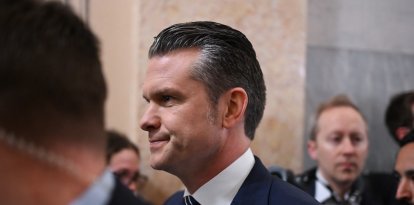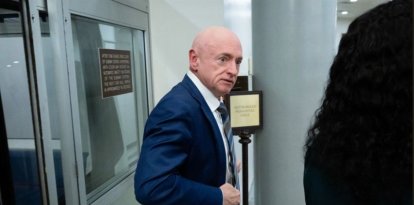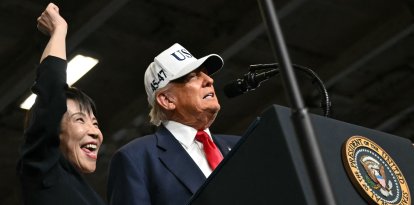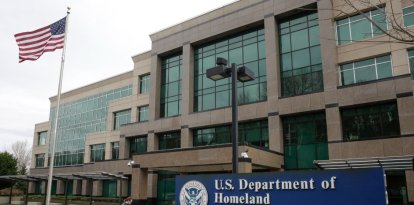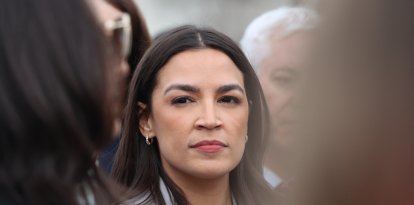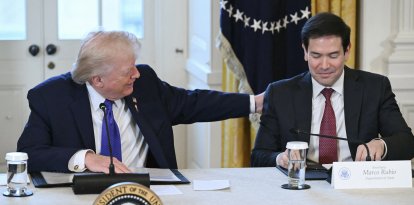Judge claims White House has not complied with his order to unfreeze federal grants and demands compliance
Vice President JD Vance previously weighed in on social media stating that "judges aren’t allowed to control the executive’s legitimate power."

White House facade
A federal judge determined that the Trump Administration failed to comply with his order to unfreeze millions of dollars in federal grants, marking the first time a court has explicitly stated that the White House disobeyed a court order.
This Monday Judge John J. McConnell Jr, of the Rhode Island federal court, issued a new order in which he accused the Trump administration of continuing to improperly freeze federal funds. He also urged compliance with what he called a "plain text" of his ruling issued last month.
The dispute over federal funds
The dispute began when the White House blocked the distribution of certain funds based on a memo from the Office of Management and Budget to ensure they were aligned with President Trump's agenda. These funds include grants for transportation infrastructure and clean energy projects, allocated under the Inflation Reduction Act and the bipartisan infrastructure bill, both of which were pushed by the Joe Biden Administration.
Judge McConnell and another federal judge in Washington, DC had already ordered those funds to be unfrozen, but the Trump Administration has maintained its position that it has the authority to set new conditions before releasing them.
An inter-power dispute over control of the budget
This ruling comes amid a growing debate over the limits of the judiciary in public spending decisions. Vice President JD Vance spoke out on social media stating that "judges aren’t allowed to control the executive’s legitimate power."
On the other hand, opponents argue that Congress already approved these funds and that the White House cannot refuse to release them without clear legal justification.
Response from prosecutors and the DOJ
Last Friday, a group of 22 Democratic attorneys general filed a formal request accusing the White House of ignoring Judge McConnell's order. They claimed that the government has not resumed distributing the funds, which affects essential programs such as Medicaid, school lunches and housing subsidies.
In response, the Department of Justice argued that certain funds were subject to a separate memorandum and therefore did not fall within the scope of the initial ruling. However, the judge rejected this position, insisting that his order was "clear and unambiguous" and should be enforced without additional restrictions.
Despite judicial pressure, Judge McConnell did not hold the Trump Administration in contempt or impose sanctions. His decision simply reinforces the obligation to release the funds, but with no immediate penalties for the White House.
The White House position
Following the ruling, the White House responded confidently, assuring that all Trump-Vance Administration decisions comply with the law and will stand up in court. "Each executive order will hold up in court because every action of the Trump-Vance administration is completely lawful," said White House spokesman Harrison Fields, who described the legal challenges as attempts to undermine the will of the electorate.
A showdown that could continue
Meanwhile, President Trump and his team insist on their commitment to ensure the efficient Administration of public resources, ensuring that every dollar is used for the benefit of citizens and not for political interests unrelated to their vision of government.

















